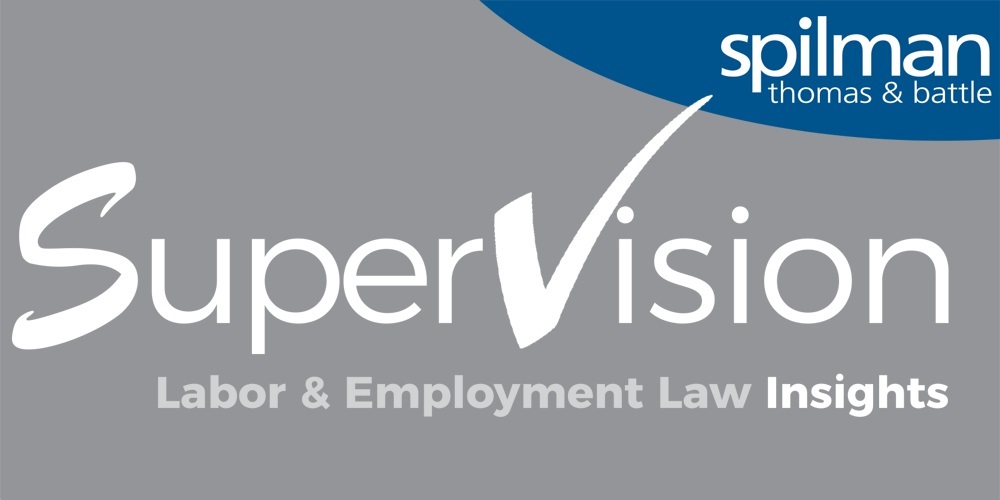Article
Resources
Article
The DOL Plans “Vigorous” Enforcement to Protect Employees Working in Logistics – What You Can Do Now to Prepare for More Investigations

The U.S. Department of Labor’s Wage and Hour Division (“WHD”) recently announced it was hiring 100 investigators and planned “vigorous” enforcement of wage and hour laws in the warehouse and logistics industries. The resulting equation is simple:
All employers – especially those that employ warehouse workers, delivery drivers, or truck drivers – should prepare for more WHD investigations. These investigations are often costly. In 2021, the vast majority (approximately 80 percent) of investigations resulted in the WHD finding the employer violated the Fair Labor Standards Act (“FLSA”), and employees who received back wages were paid, on average, nearly $1,000.
You cannot avoid a WHD investigation, but you can mitigate the chances and burden of an investigation. The majority of the WHD’s investigations start because of a complaint from employees. The remaining minority of investigations are directed normally at targeted industries. In this case, the WHD has announced that it is focusing its efforts on warehouse and logistics employers.
While you cannot eliminate the risk of an investigation, there are three easy-to-implement ways to mitigate the risk and burden of an investigation:
- Keep the required payroll records. You will not fare well if you tell a WHD investigator that you do not have records that employers are required by law to maintain. The most frequent (and problematic) records missing are accurate records of the hours worked by employees. While the WHD will not impose civil money penalties for this violation, it will presume that the records would support violations of the minimum wage and overtime pay requirements of the FLSA, and the cost of the investigation will increase as will the likely amount of back pay owed to employees.
- Create or save electronic versions of your payroll records. Even if you keep all the required payroll records, they are not useful if the records exist only in unorganized boxes in a remote storage unit. Employers must be able to produce the records required by the FLSA within 72 hours. 29 C.F.R. § 516.7(a) (“[R]ecords shall be made available within 72 hours following notice from the Administrator or a duly authorized and designated representative.”). Because of the pandemic, WHD investigators cannot review records in person. So, employers must send records electronically to the investigator to review and transcribe. Many employers may find it difficult to organize and scan two years of paper records, which is the standard request from the WHD at the beginning of every investigation, in 72 hours. Employers also incorrectly assume these records will be easy to obtain from a third-party payroll company. If you do not maintain the required records in an electronic format, then you should start doing so now.
- Know what you don’t know. Many WHD investigations begin with small issues. These issues are usually easy to identify in payroll records and can be corrected in a couple days. But once an investigation begins, the same small issues can grow into larger, expensive issues. Once an investigator finds a violation, the investigator will exhaustively scrutinize the employer’s compliance with the FLSA and may expand the investigation to other locations based on the assumption that the violation exists at all locations. The average WHD investigation lasts over two months. Employers can avoid or mitigate the burden of an investigation by regularly auditing their compliance with the FLSA to identify problems and, if necessary, resolve them before the WHD begins an investigation.
If you have questions about a WHD investigation or mitigating the risks of an investigation, reach out to a member of Spilman’s Labor & Employment Team.


